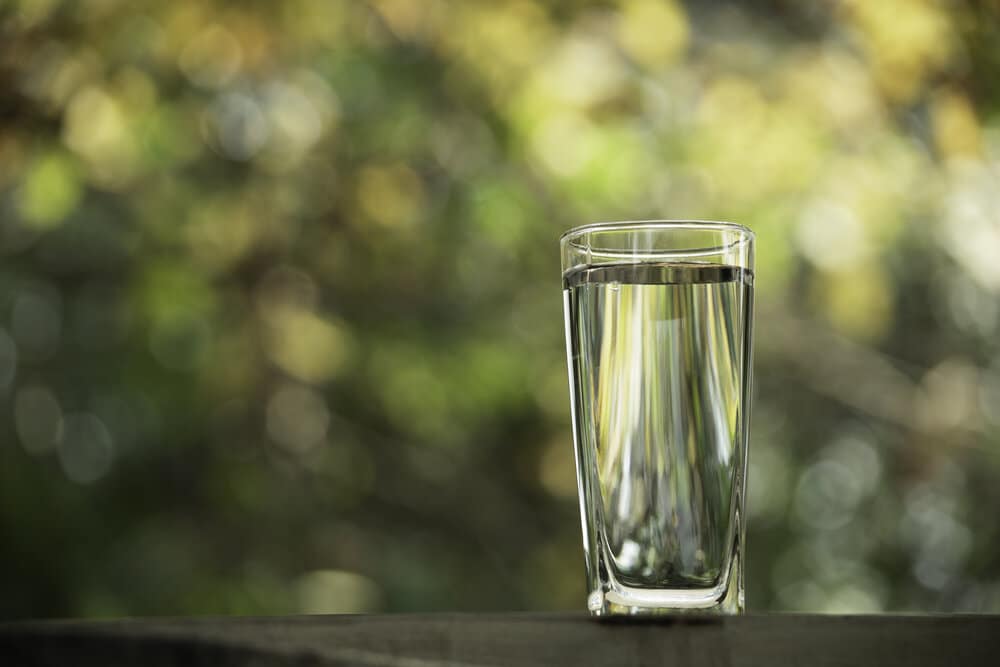Ah, water! It’s the elixir of life, the liquid gold that keeps the wheels of our body greased. From aiding digestion to flushing out those unsightly toxins and giving your skin a dewy showroom shine, water’s benefits seem almost too good to be true.
You’d be forgiven for thinking a hefty gulp might just solve your fiscal woes and banish bad vibes too.
Our fascination with hydration is fundamentally a good thing—after all, our bodies are about 60% water, so staying hydrated is crucial for keeping our biological cogs whirring smoothly.
Dr. Sarah Brewer, Medical Director at Healthspan, champions the cause: “Maintaining daily water balance through drinking and eating well is essential.
It keeps your skin plump, your eyes sparkling, and your hair and nails from becoming as brittle as a bank manager’s smile.”
The NHS sets the bar at six to eight glasses daily, roughly 1.2 litres, but who says you have to guzzle it all down?
Dr. Brewer suggests, “Incorporating moisture-rich foods like soups, watermelon, and cucumber into your diet can contribute to your hydration needs.”
It turns out, your total daily fluid intake should hover around two to three litres, food included, to hit that hydration sweet spot.
But here’s the rub: can you overdo it? What’s the tipping point where water goes from being your ally to your adversary?
Dr. Brewer cautions, “Too much of a good thing can indeed be harmful. Overloading on fluid can strain the kidneys and even cause the brain to swell.”
The signs of drowning in too much H2O are not subtle: headaches, dizziness, nausea, confusion, and in dire straits, it can spiral into coma or worse. Though rare, it’s a real concern.
Excessive water intake can sneak up on you, often spurred on by certain medications, or a rave gone wrong with substances like ecstasy.
Health issues like kidney failure, liver cirrhosis, or diabetes can also throw your water balance out of whack.
Then there’s psychogenic polydipsia, a rare psychological twist where a person is driven to drink more water than medically advised due to psychiatric quirks.
Nevertheless, don’t let these waterlogged warnings scare you off. “For most, drinking two to three litres of fluid a day is completely safe,” reassures Dr. Brewer.
It’s plenty, indeed—just be wary of going overboard, and remember, your food has a role to play in your hydration too.
For those with specific health concerns, particularly related to kidney function, fluid intake might need to be tailored.
“Always stick to your doctor’s hydration strategy,” advises Brewer. After all, it’s about finding balance on the hydration seesaw.





